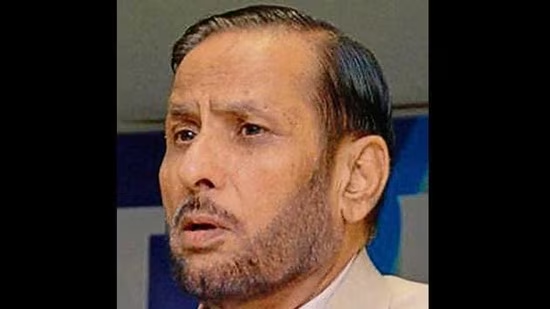Colonel Sandhu Convicted Again, But Mohali Court Offers Probation
A Mohali court has upheld the 2009 conviction of Colonel Baljit Singh Sandhu (retd), owner of World Wide Immigration Consultancy Services (WWICS), for violating the Forest Conservation Act, 1980, by illegally constructing a resort on designated forest land in Karoran village, Mohali. However, the court opted against jail time, instead granting him probation under supervision.
The judgment, delivered by Additional Sessions Judge Prashant Verma on Monday, confirmed Sandhu’s conviction under Section 2 of the Forest Conservation Act and the related penalty provision under Section 3(A). These sections prohibit non-permitted use of forest land for non-forest purposes, including construction.
While the original 2009 conviction by the Chief Judicial Magistrate of Rupnagar stood firm, the sessions court decided to offer leniency. Sandhu will serve his sentence under the supervision of a probation officer, meaning he will remain in the community rather than serve time behind bars.
Sandhu’s legal team, led by counsel Amit Mandkan, announced plans to challenge the sentence by filing a revision petition before a higher court.
In an earlier attempt to avoid further legal consequences, Sandhu had filed a plea under Section 359(5) (CrPC)—seeking compounding of the offence, which is a form of out-of-court settlement. He argued that since the land was treated as forest land under the Indian Forest Act, 1927, the case should be compoundable under Section 68 of that law.
However, this application had already been rejected by the Mohali divisional forest officer, and the state government opposed the argument. Government lawyers contended that the Forest Conservation Act, 1980, does not allow for compounding and that Section 68 of the Indian Forest Act applies only to offences listed under that Act—not to those under the more recent conservation legislation.
Though the compounding plea was denied, the court exercised judicial discretion by awarding probation, granting Sandhu an opportunity to prove his adherence to the law under court-mandated monitoring.

